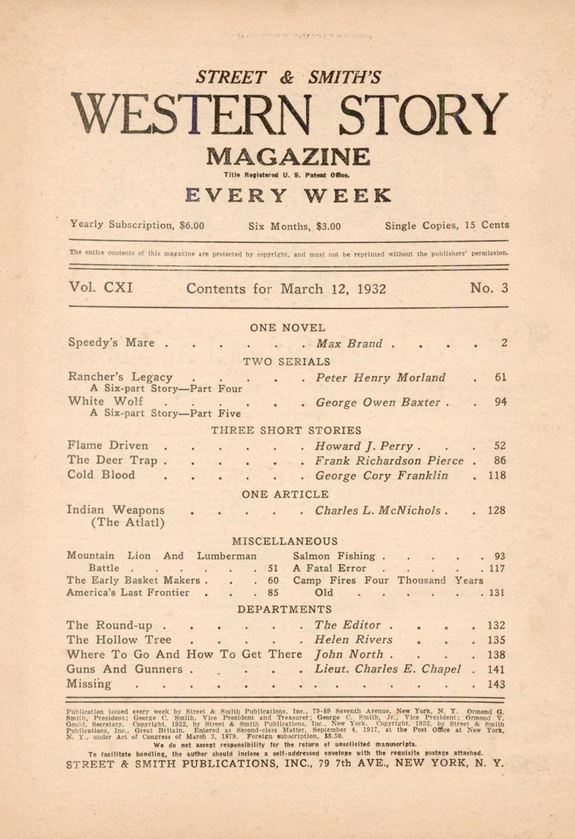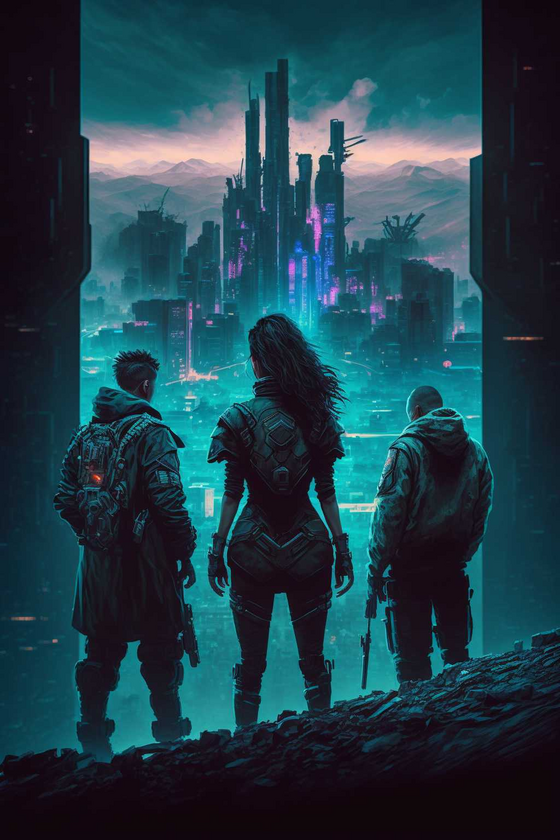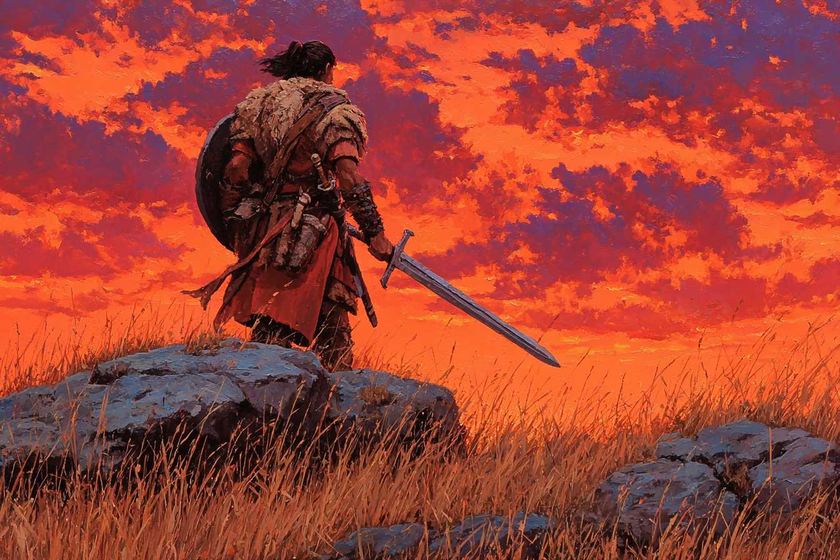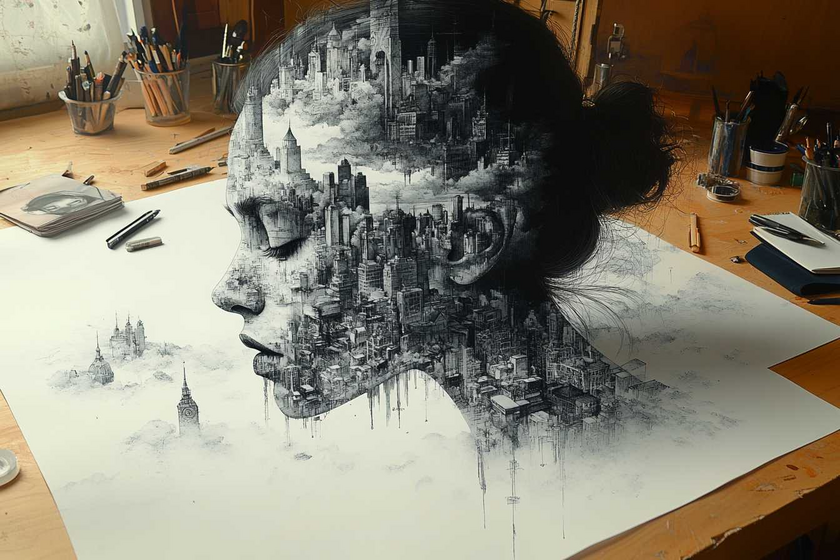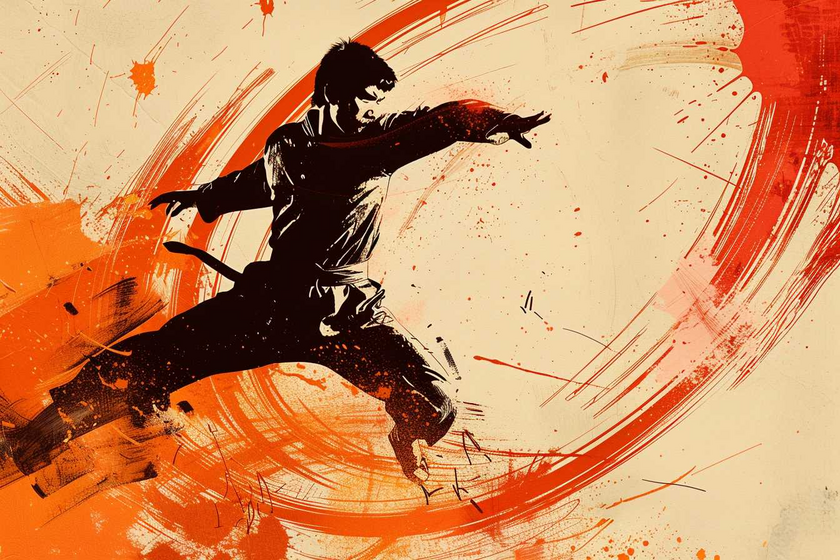
First in a series of posts reviewing Severin Films's box set Game of Clones: Bruceploitation Volume 1.
(I messed up. I meant to go through the box set "in order," but accidentally put the third disc in rather than the second. After this film, I went back. Not that the selection of films in the set is in any particular order, unless it's "best prints are on the first discs".)
If you try to watch this as a movie, it will be maddening. First of all, it is a period picture that gives almost zero indication that it is a period picture.
Supposedly (I eventually figured out), it's set in China prior to World War II, apparently after the initial Japanese coastal invasions. The main indications of this are later in the movie, plus the fact that most of the characters wear Chinese fashions that are, well, not from the 1970s, but are 1970s facsimiles of older styles. Also, nobody uses cars, because renting period cars costs money, so everybody walks everywhere. Hilariously, they walk through the woods most of the time, sometimes in dapper suits.
The other thing that struck me about this example of Bruceploitation is that, in the English dub at least, the writing is at the level of the writing for pornography. Details are unimportant, all you need is a vague notion of motivation to get to the next action scene.
For instance, the motivation for the whole movie is a stolen secret document that is important to "the Chinese government". (Anyone who knows the slightest bit of 20th century Chinese history is either laughing uproariously, or confused wondering "which one???") What is in the secret document? Who cares, it's a secret document! (Late in the movie, the abstractness of the secret document is whittled down a tiny bit, when one character proclaims that it will help the Japanese take over all of China. How? Stop asking silly questions.) This does not rise to the level of being a MacGuffin, because MacGuffins, even when undefined, have some specificity within the story. Whereas in a porno, you've got an opening scene with one guy and a girl, then a second guy shows up telling his boss there's "an emergency" back at the office, that only he can take care of. If the actor asks what kind, the other actor just looks confused and repeats "an emergency", and "only you can handle it". Because nobody actually thought beyond "we need something to move the characters around for the Important Scenes".
Anyway, the movie opens with a "German" speaking with a Chinese and a "Japanese" (the actor is clearly also Chinese, at least to my eyes; but then, I did live in China for a time) about the stolen secret document, declaring that China is very important to Germany. (Again, zero time context is provided, making this conversation very strange if you went in presuming it was the 1970s.) Then, Bruce Le is running through the woods, and gets attacked. For no apparent reason. Then we see a martial arts tournament of some sort, without explanation.
As things proceed, a secret Chinese society attempts to recruit Bruce, he turns them down, but eventually accepts. Everything leads up to Bruce fighting his way up a pagoda, level by level, to find the Secret Document. Which happens in the middle of the movie.
This sequence is the entire reason the movie exists. Bruce Lee's concept for Game Of Death was widely known, as the idea and some production stills were released before his death. So, yes, Bruce Le gets into the yellow jump suit, which further makes the period-ness of the movie weird, because were there even yellow jumpsuits in the 1930s? In mainland China? I don't think so.
Anyway, he fights his way to the top, finds the Secret Document already gone, and the third act is martial arts fights in the woods over the Secret Document. Bruce Le and China win, the baddies lose, the end.
Is it a good movie? Oh god no! Even by kung fu movie standards, the story is misshapen, the characters aspire to one-dimensionality, and there aren't even any bare boobs.
Is it entertaining? Oh hell yes! The fights are middling, but even when you ask yourself "WTAF is happening?" you are not bored. The WTFness of it is, in fact, fairly low compared to many of the movies in this set and genre.

